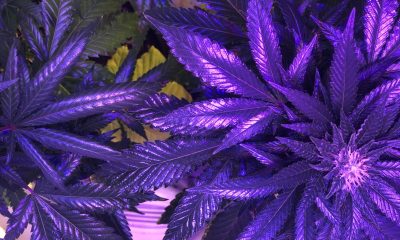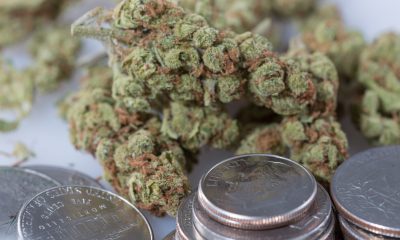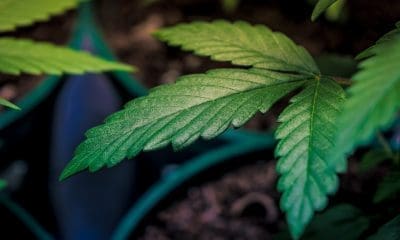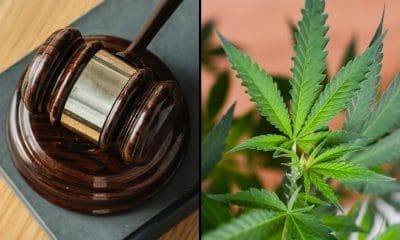Politics
USDA Doubles The Number Of Hemp Professionals Serving On Federal Trade Advisory Committees
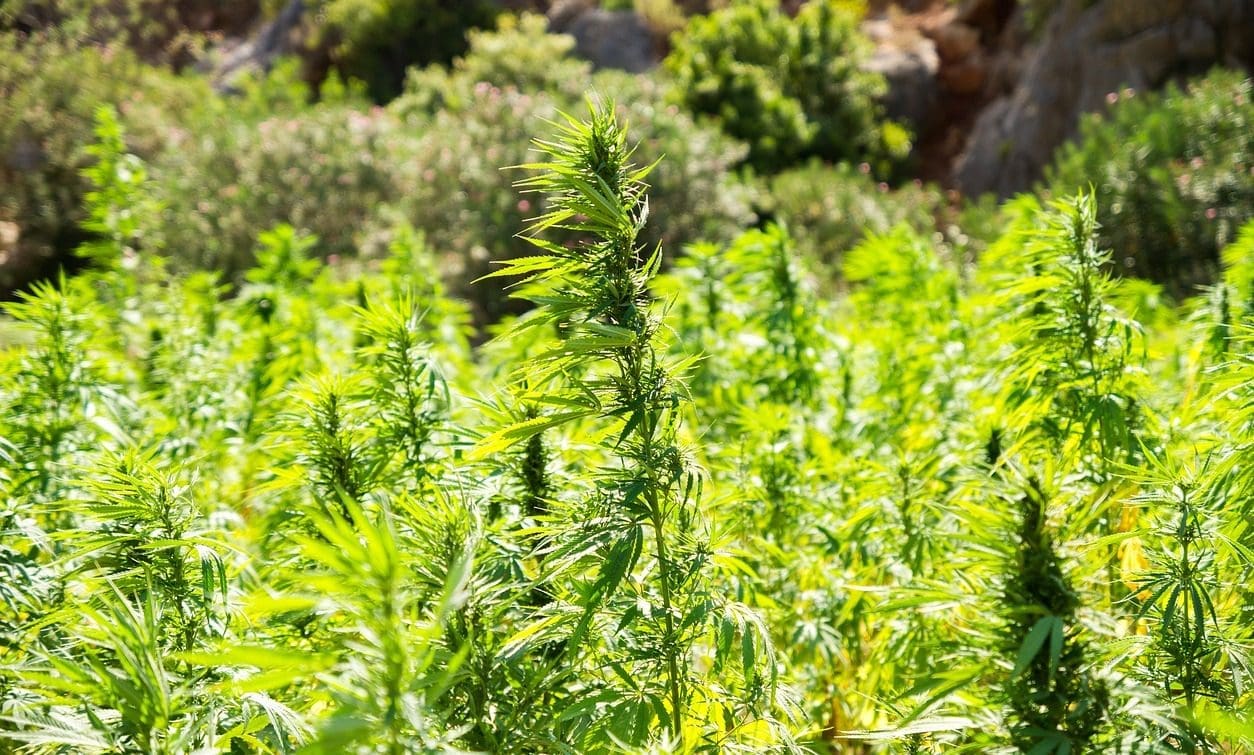
The U.S. Department of Agriculture (USDA) and the Office of the U.S. Trade Representative (USTR) are again expanding representation of the hemp industry in federal trade advisory committees, doubling the number of officials who will help bolster cannabis commerce.
On Thursday, USDA and USTR announced the appointments of two more hemp officials: one a top regulator for the crop in Oregon and the other a member of the National Industrial Hemp Council of America (NIHC). That raises the total number of federal hemp trade advisors to four.
Eric Pike, a member of the Oregon Hemp Commission and founder of the CBD company Root Origins, and NIHC board member Patricia Sheikh will be joining the Agricultural Technical Advisory Committee (ATAC) for Trade in Tobacco, Cotton, Peanuts and Hemp. It’s one of six ATACs that offer the government technical advice about specific agricultural commodities and products.
USDA and USTR have been adding hemp officials to committee rosters for the past few years, starting with Kevin Latner, a former marketing executive at NIHC, who was made part of an ATAC focused on processed foods in 2020. In 2021, NIHC President Patrick Atagi was appointed to the ATAC dealing with hemp. All together, NIHC members have been selected for three out of four of the hemp appointments to date.
Now, the number of members of the Tobacco, Cotton, Peanuts and Hemp panel with “hemp” in the name of the organization they represent—three—is the same as the number from groups with “peanut” or “cotton” in their names and is one more than the number of representatives from “tobacco” organizations.
The latest announcement “shows the commitment the federal government has in hemp,” Atagi told Marijuana Moment on Thursday. He added that the latest NIHC addition to the committee, Sheikh, “has extensive experience in agriculture and trade, including a long career at USDA in many roles, including USDA deputy administrator.”
The newly appointed members “will serve until August 2027 and the committees will be supplemented by additional appointments over the next four years,” the government agencies said. People are “encouraged to apply for committee membership at any time and applications will be reviewed periodically.”
In further recognition of hemp’s growing role in the agriculture sector, USDA and USTR formally renamed one of the ATACs in June to include the name of the crop. Previously, the first hemp appointees served on what was then called the ATAC for Trade in Tobacco, Cotton and Peanuts.
While USDA has worked to promote the hemp industry since the crop was federally legalized under the 2018 Farm Bill, the sector has faced a downturn in recent years as the production value of hemp has plummeted. Stakeholders largely attribute the problem to an ongoing lack of Food and Drug Administration (FDA) regulations to allow for the sale of derivatives like CBD in food products or as dietary supplements, as the Congressional Research Service (CRS) noted in a recent report.
As lawmakers work to resolve the issue, USDA has sought to support the industry in other ways, such as releasing an informational video encouraging hemp growers to construct a backpack vacuum that allows them to collect up to 10 grams of cannabis pollen in less than a minute. That’s part of an effort to build a national genetic repository for hemp that will be available to international researchers and breeders.
Earlier this month, USDA teamed up with the Pennsylvania Department of Agriculture to host farmers for an educational event focused on cultivating cannabis in a “bio-based” economy.
The department also recently shared the success story of an Indiana-based hemp farm, touting how the agency offered financial and technical assistance to help the business to maximize its output of high-quality CBD oil.
Another New Jersey Police Officer Fired Over Marijuana Must Be Reinstated, Judge Rules
Photo courtesy of Pixabay.






